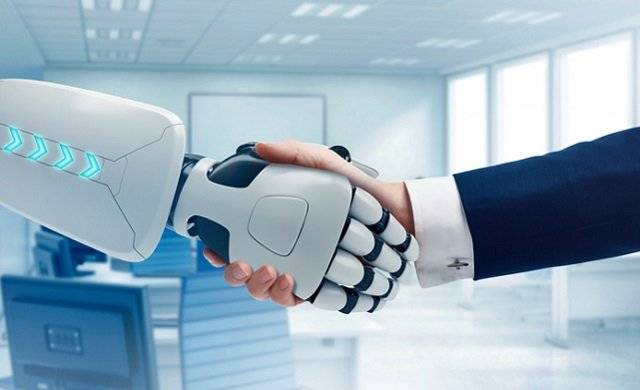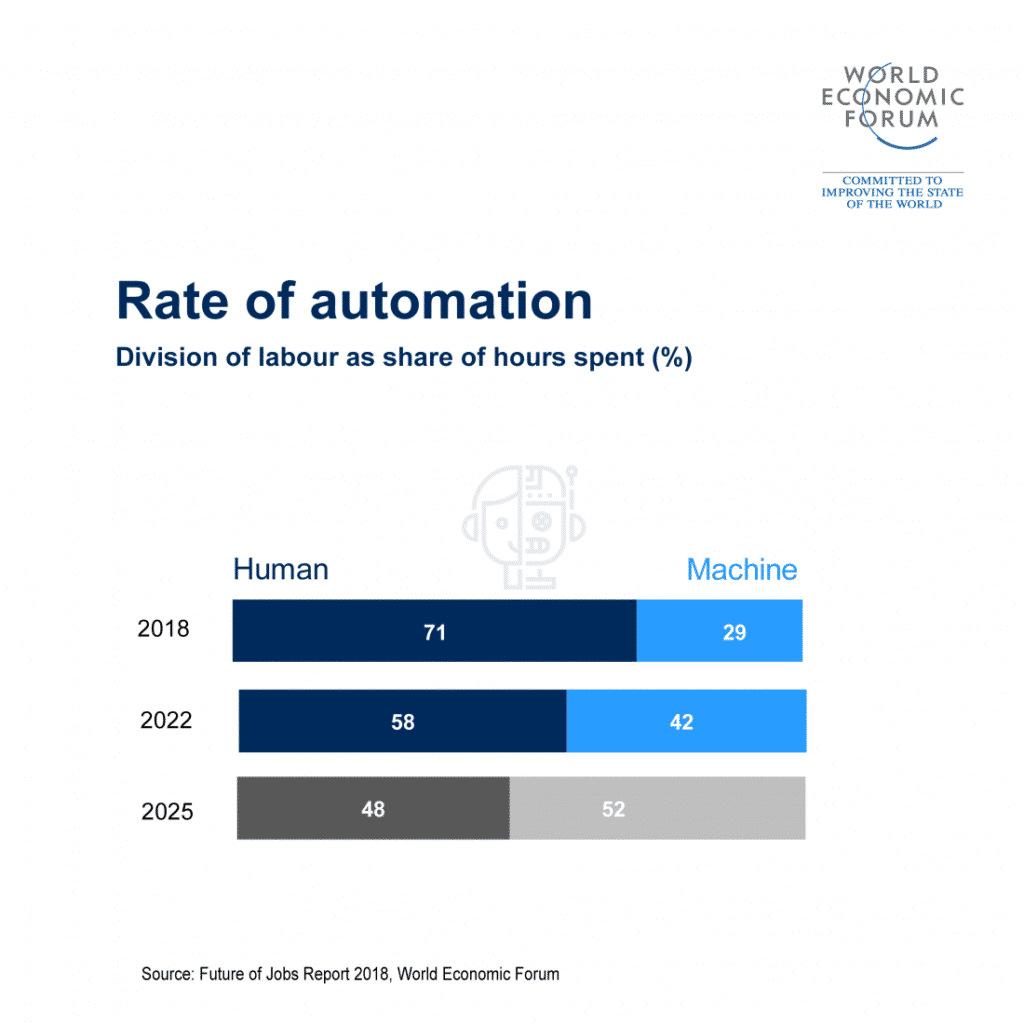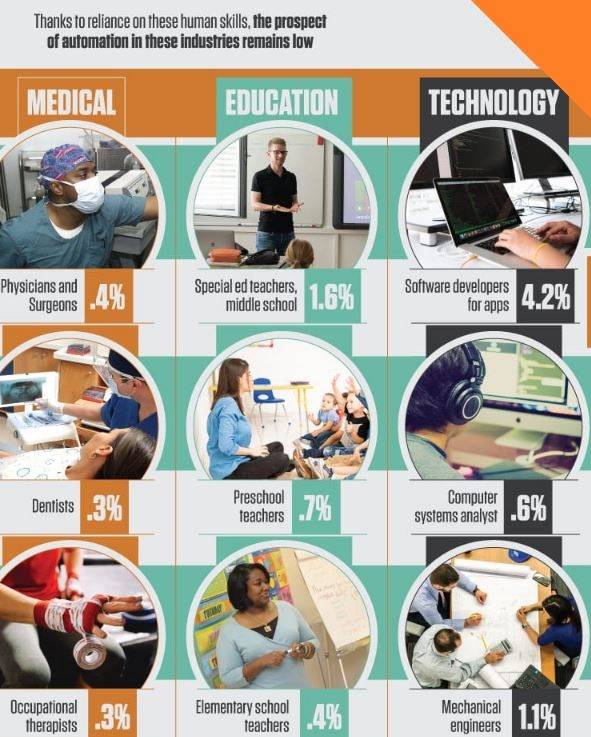- More than 25% expect automation to lead to the creation of new roles in their operation
- Though 75 million jobs are expected to be displaced, 133 million jobs are expected to emerge with the adoption of automation
The World Economic Forum released their “Future Of Jobs” report on September 2018 which laid out several trends on how automation will alter most, if not all, workforce structures. With more than 300 global employers from developed and emerging countries participating in this survey, most of which are human resource officers, the common-thread trend is that automation of jobs is inevitable and companies should place strategies on how to adopt it effectively sooner.
According to the report, nearly 50% of companies expect that automation will lead to some reduction in their full-time workforce by 2022, based on the job profiles of their employee base today.
As of 2018, 71% of the tasks performed in the 12 industries covered in the survey are performed by humans and 29% are done by machines. By 2022, the distribution of labor is expected to shift primarily more towards machines. It’s expected that 58% of the same tasks will be performed by humans and 42% will be done by machines.
In a separate report by the Associated Press, jobs with “high exposure” to automation mostly lie in the service, clerical, shipping and retail sectors. Jobs that used to require human interaction such as taking food orders or processing payment are now being replaced by devices such as self-checkout kiosks. One prime example is tech giant Amazon, whose cashier-less Amazon Go Stores is being seen as the trailblazer for the automated retail movement.
Though this report estimates 75 million jobs may be displaced by a shift in the division of labor between humans and machines, 133 million new roles may emerge generated by the adoption of new technologies. 25% of the businesses that were surveyed in the “Future Of Jobs” report expect automation to lead to the creation of new roles in their enterprise. Tasks that require critical thinking, creativity and emotional intelligence will have the lowest automation potential and will be in-demand in 2022.
Emerging jobs that will be in demand in the near future include those who are specialized in new technologies such as: AI and Machine Learning Specialists, Big Data Specialists, Process Automation Experts, Information Security Analysts, User Experience and Human-Machine Interaction Designers, Robotics Engineers, and Blockchain Specialists.
In another study made by online-bachelor-degrees.com, jobs in the tech sector such as Mechanical Engineers have the least potential to be overtaken by automation. Jobs within the medical and education sectors are also deemed as “robot-proof” in this study.
Souce: Online-Bachelor-Degrees.com
Today, companies are making moves to not eliminate members of their workforce by providing training and upskilling programs. 54% of companies who participated in “Future Of Jobs” survey said they will train or upskill workers in high-value roles, 41% will provide to high-performing workers only and 33% said they will train employees who are most at-risk for being replaced by automation.
To complement their internal efforts to train employees, 2/3 of the respondents said they will employ contractors, temporary workers and freelancers to minimize loss of production.
If your company is currently transitioning to automation and would like to hire contract engineering workers to mitigate design tasks, contact the staffing experts at SoloPoint Solutions today!




